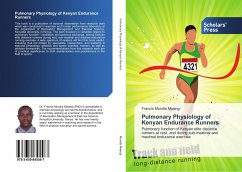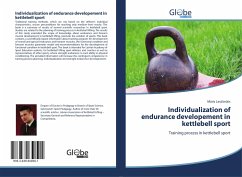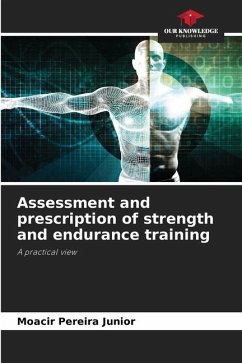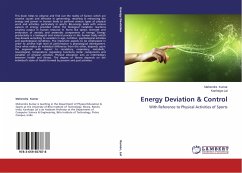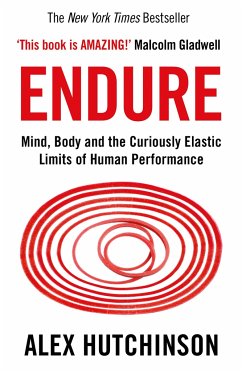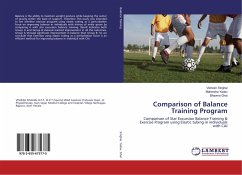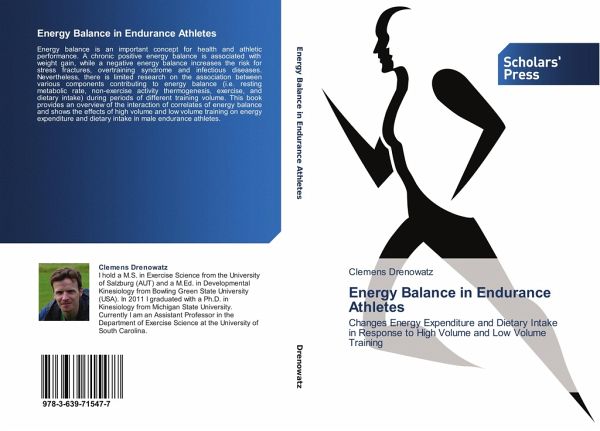
Energy Balance in Endurance Athletes
Changes Energy Expenditure and Dietary Intake in Response to High Volume and Low Volume Training
Versandkostenfrei!
Versandfertig in 6-10 Tagen
53,99 €
inkl. MwSt.

PAYBACK Punkte
27 °P sammeln!
Energy balance is an important concept for health and athletic performance. A chronic positive energy balance is associated with weight gain, while a negative energy balance increases the risk for stress fractures, overtraining syndrome and infectious diseases. Nevertheless, there is limited research on the association between various components contributing to energy balance (i.e. resting metabolic rate, non-exercise activity thermogenesis, exercise, and dietary intake) during periods of different training volume. This book provides an overview of the interaction of correlates of energy balan...
Energy balance is an important concept for health and athletic performance. A chronic positive energy balance is associated with weight gain, while a negative energy balance increases the risk for stress fractures, overtraining syndrome and infectious diseases. Nevertheless, there is limited research on the association between various components contributing to energy balance (i.e. resting metabolic rate, non-exercise activity thermogenesis, exercise, and dietary intake) during periods of different training volume. This book provides an overview of the interaction of correlates of energy balance and shows the effects of high volume and low volume training on energy expenditure and dietary intake in male endurance athletes.



